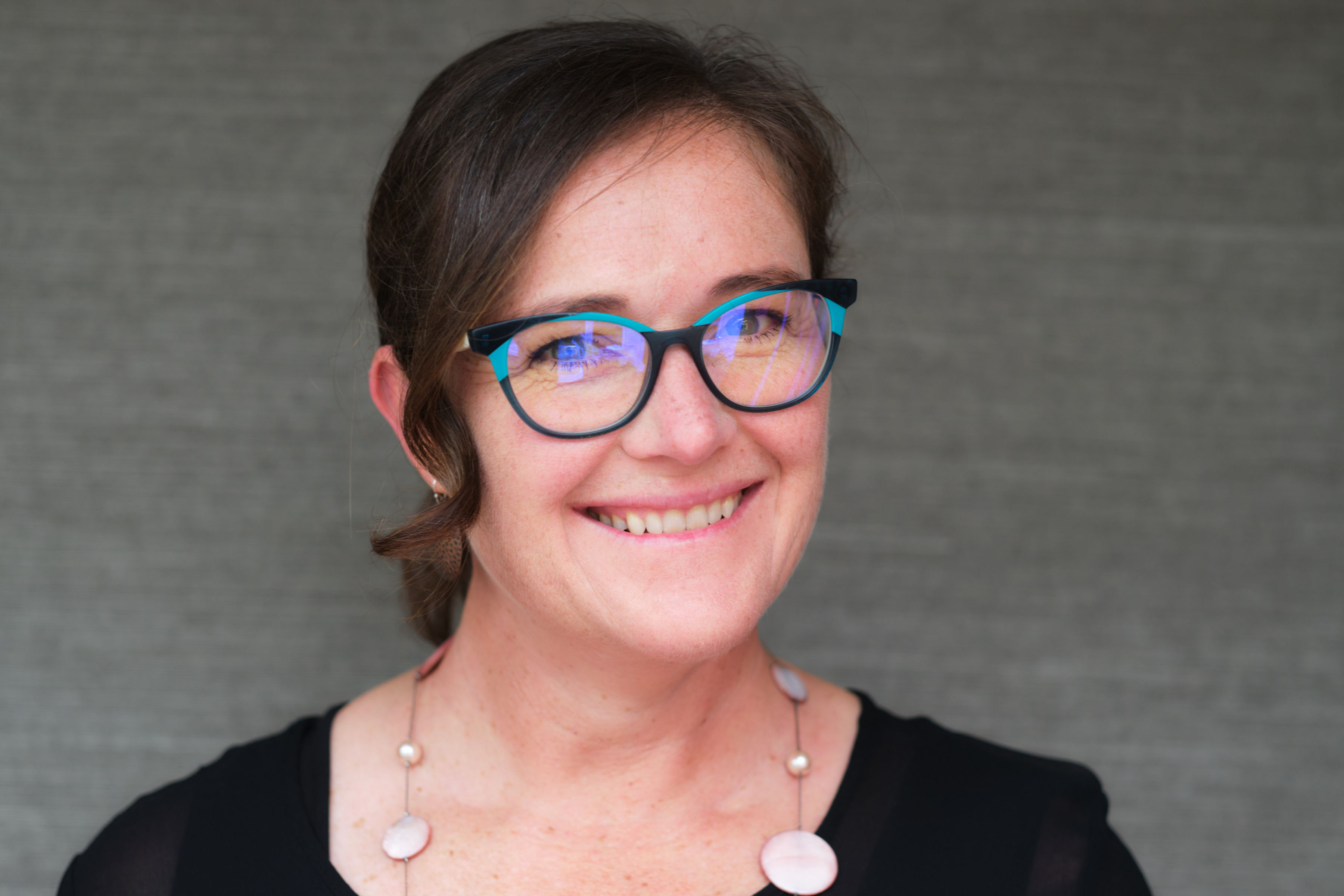
Kim works in Wellington ICU as an Intensivist, and as a Medical Specialist with Organ Donation New Zealand (ODNZ). She is passionate about good end of life care, equity and the wellbeing of healthcare professionals. She has led the development of a national pathway for Assisted Dying Donation (ADD) in Aotearoa NZ. She finds this work meaningful and is proud to be involved in developing this new pathway and supporting the wishes of the patients requesting it.
Building a national program for deceased donation after assisted dying in New Zealand from the ground up!
Kim Grayson1,3, Alex Kazemi MD1,2.
1Organ Donation New Zealand, New Zealand Blood Service, Auckland, New Zealand; 2Waitemata District, Health New Zealand, Auckland, New Zealand; 3Intensive care Unit, Wellington Hospital, Wellington, New Zealand
Introduction: Following the End-of-Life Choice Act 2019, Assisted Dying became legally available in New Zealand (NZ) in November 2021. Organ Donation New Zealand (ODNZ) received multiple queries from members of the public with terminal illnesses wishing to explore deceased donation, necessitating the development of a national program for Assisted Dying Donation (ADD).
Methods: Guided by the principle of giving everyone the opportunity to consider deceased donation, ODNZ collaborated with the Ministry of Health and Health NZ to build an ethical and equitable program for ADD. Building on existing donation after cardiac death (DCD) practice, we identified additional stakeholders including Assisted Dying and Primary Care providers.
The national strategy was built on five pillars to uphold existing good practice and preserve public trust. An Ethics Framework was developed iteratively to underpin subsequent clinical practice, creating eight key principles for the program. Stakeholder engagement involved educational webinars and in-person presentation to diverse professional groups with involvement in end-of-life care. International collaboration with donation specialists experienced in ADD in Canada, Belgium, Holland and Australia meant shared learnings facilitated clinical process development for NZ.
As NZ has a unique cultural fabric and constitutional obligations to Indigenous rights, processes prioritized cultural safety and equity for Indigenous Māori and other groups.
Results: In 2024, NZ became the sixth country worldwide to facilitate a case of ADD. As a result of the groundwork, and the experiences of the donor co-ordination and surgical teams arising from this case, guidelines were developed for an eye tissue donation pathway (for those with non-haematological malignancy) and an organ donation pathway (for non-malignant terminal illness). Educational pamphlets were created to allow those eligible for Assisted Dying to learn more about the ADD process.
Lessons from this experience warranting consideration include the impact of the inter-personal relationships over months to years with donors, ramifications of first-person consent, decision making around pre-mortem interventions, the process of hospital admission and identifying optimal location of death. Additionally, interactions between Assisted Dying Providers, donation surgical teams and hospital staff require facilitation.
Conclusions: We present our learnings to help other jurisdictions develop similar programs. ODNZ has found the collaborative development process necessary and rewarding, the most inspiring aspect being the privilege of upholding end-of-life wishes of motivated and altruistic individuals. Careful attention to ethical processes and prioritizing quality of end-of-life experience were key.
[1] Assisted Dying
[2] Medical Assistance in Dying (MAiD)
[3] Voluntary Assisted Dying
[4] Organ Donation
[5] Donation after Circulatory Death (DCD)
[6] Organ Donation after Euthanasia (ODE)
[7] Assisted Dying Donation (ADD)
[8] Donation after Circulatory Determination of Death (DCDD)
[9] Ethics
[10] Euthanasia